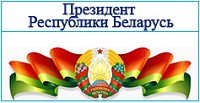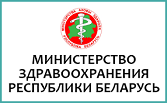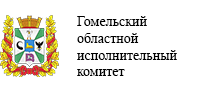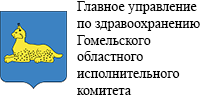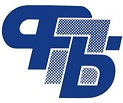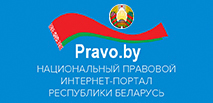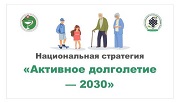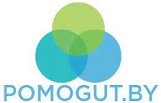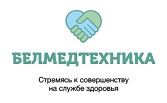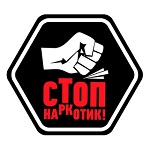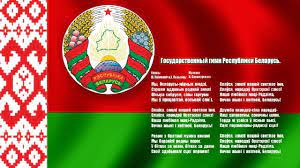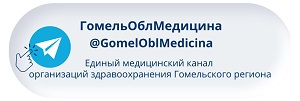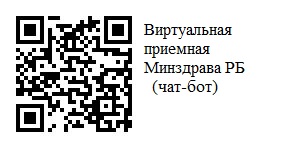Isotopic laboratory
Isotope Laboratory is a subdivision GOKOD, operating since 1994.
Medical staff:
- Murychev MV - Head of the Department, is the first qualifying category, experience of work in the laboratory 23 years old, was an intern at the bases of medical institutions of the city of Tver, Moscow, Minsk, Poland, Hungary and regularly takes part in international scientific conferences, has corresponding certificates;
- Sibileva YN - nuclear medicine physician, work experience in the laboratory 8 years. He was trained at the bases of medical institutions of the city of Minsk, Poland.
The department is equipped with the following equipment:
- Two-detector gamma camera «AnyScan S» ( «Mediso» manufactured)
- SPECT "Meridian" ( «Philips» company production)
- radiometric equipment, production in Hungary and Ukraine.
3D ПАНОРАМА
The separation techniques are used radionuclide studies relevant international standards, such as: functional and static kidney studies, a liver, thyroid, bone, lung, lymphatic system, determination of residual urine, whole body scan with 131-I and Ga-67, imaging the bones of a skeleton with technetium-99m. Every year it produces up to thirteen thousand studies, including a fee for foreign citizens and citizens of Belarus. Renografiya radioisotope is produced without recording in a queue, the remaining studies by appointment.
Given the specifics of Oncology Center, occupies a greater percentage of scintigraphy and tomography of the skeleton, for the early detection of bone metastases, whole body scintigraphy with 131-I and functional studies of the kidneys. Since 2011, mastered and successfully applied the advanced technique of radionuclide identification of "sentinel" lymph nodes in breast cancer and skin melanoma. Currently, for radioisotope studies used low-toxicity, short-lived isotopes of technetium-99m eluted directly into the office of the generators received from "POLATOM" company (Poland). This same company provides 131-I radioisotope hippuran for renografii. Ga-67 citrate for lymphoscintigraphy and lung research comes from the Russian Federation.
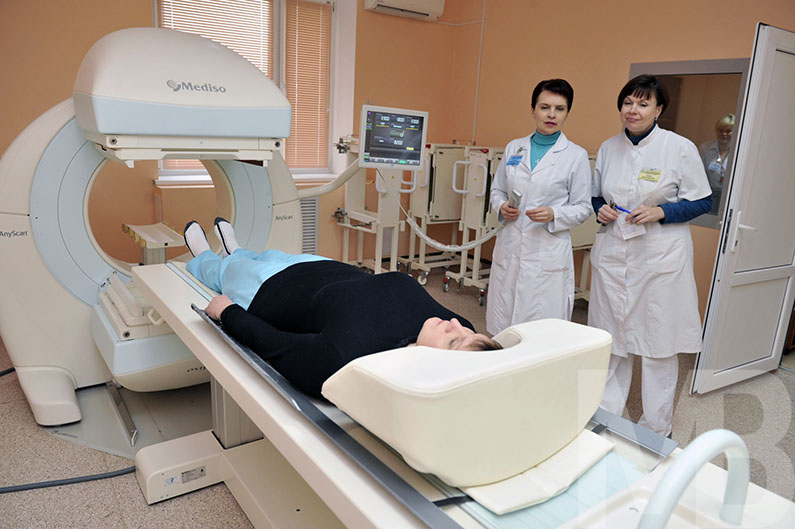
Phone number: 8 (0232) 49 13 84
Phone head. department: 8 (0232) 49 15 08
Information for Patients
To carry out any of radioisotope studies are needed to make an intravenous injection of a preparation containing a radionuclide. The use of radionuclides associated with a temporary increase in radiation exposure to the body as a whole and its individual organs. The dose administered and the total dosage radiofarmapreparata load (EED) received by the patient during the study are reported in custody. Radiodiagnostic study patients were only prescribed by a doctor with a record in the ambulatory card or medical history, or in the direction of the corresponding form. The final decision about the feasibility of a study, the volume and procedure The surgeon radioisotope diagnosis, which can refuse a patient in the study without proper study and preliminary diagnosis. Radiodiagnostic studies are carried out only with the written consent of the patient, who has a right to withdraw from the study. It must be remembered that the radiation exposure from diagnostic studies, is not harmful to your health, and the methods used are aimed at obtaining important diagnostic information that can not be obtained by any other methods of research. Radioactive substances which are used in the preparations subjected to degradation and reduces its activity is 2 times for every 6 hours. Furthermore, these substances naturally eliminated from the body, like any other. Therefore, a day after their introduction in the body is virtually no radioactive substances during this time to avoid close contact with family members, especially children and pregnant women (if possible, is in a separate room).
Radioisotope studies contraindicated in pregnant and lactating women. With the introduction of life-saving diagnostic radiopharmaceutical lactating women breastfeeding baby is temporarily suspended, the duration of an interruption installed nuclear medicine physician.
Measures aimed at reducing radiation exposure:
1. During days after radiodiagnostic studies need to increase fluid intake to 2-2.5 liters (any juices, and bottled mineral water, milk, etc.). Consumption of ethyl alcohol has no advantage over the methods described herein reduce radiation exposure. Should be avoided in the first day of ingestion of excessive amounts of salt, salty foods, sausages, pickles and all that can promote fluid retention.
2. It is also possible to use diuretics such as furosemide or hydrochlorothiazide, taking them once fasted for 1 tablet. If the volume of discharged liquid during the day is about 1.5-2 liters, can stop receiving diuretics. Otherwise, diuretics can be taken the next day again.
3. After some studies (scintigraphy of I-131 in all of the body and the Ga-67) is necessary to increase in food products choleretic properties, as well as products that accelerate excretion of intestinal contents. The most effective means for rapid evacuation of intestinal contents is an enema. With constipation can take laxatives (senadeksin, bisacodyl 1 tablet at night, or other means).

